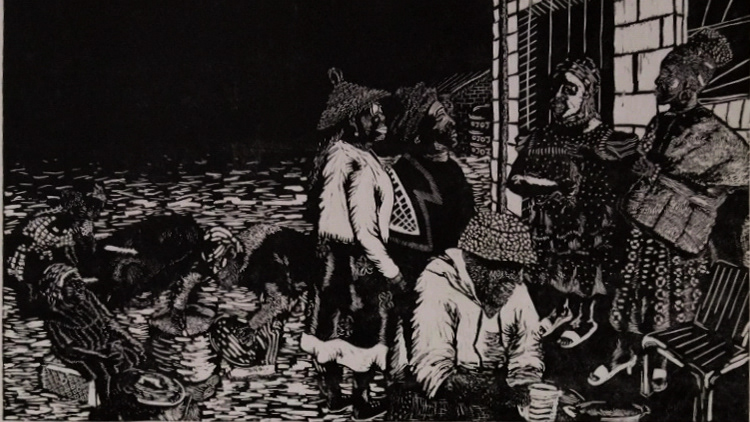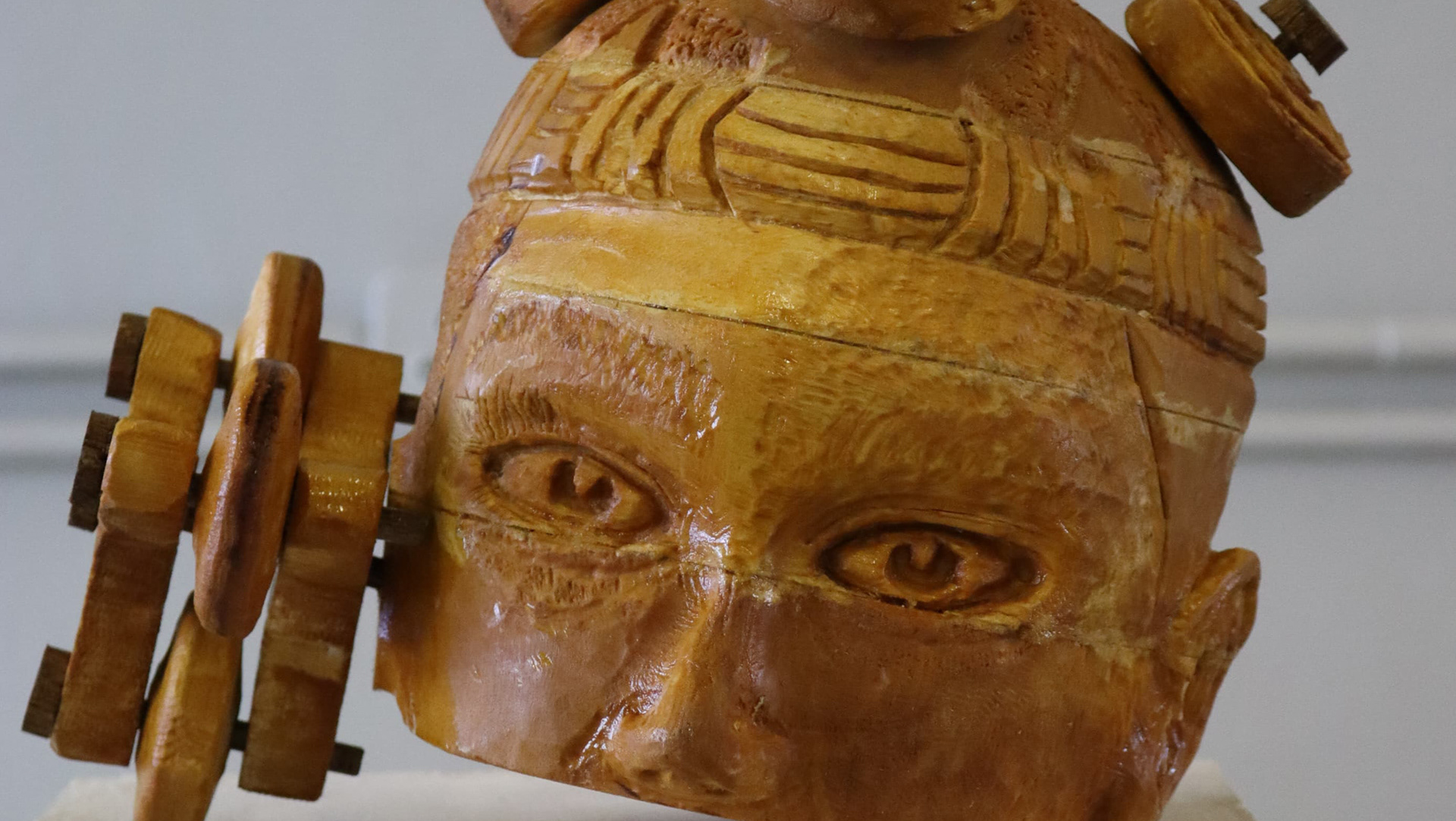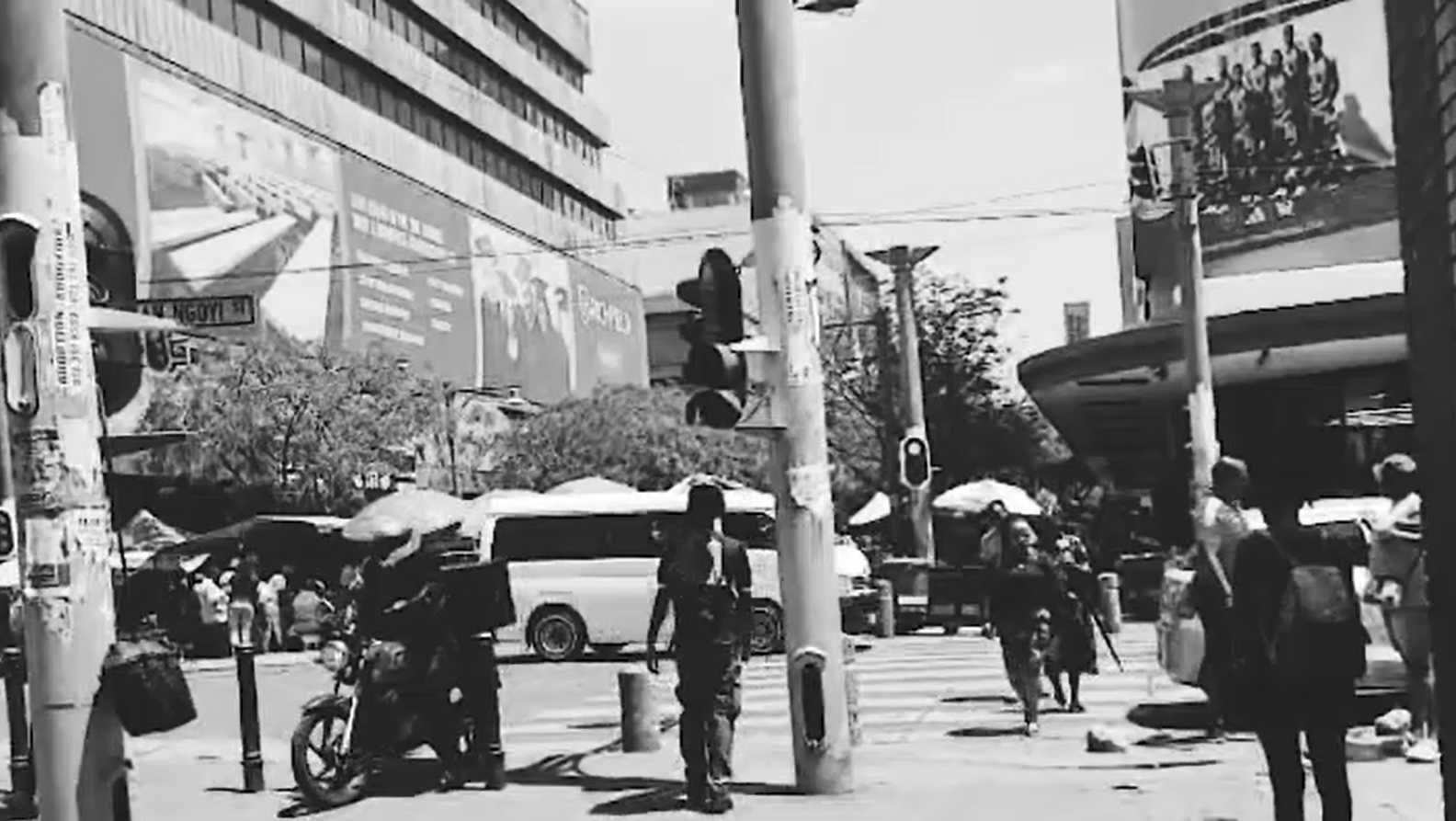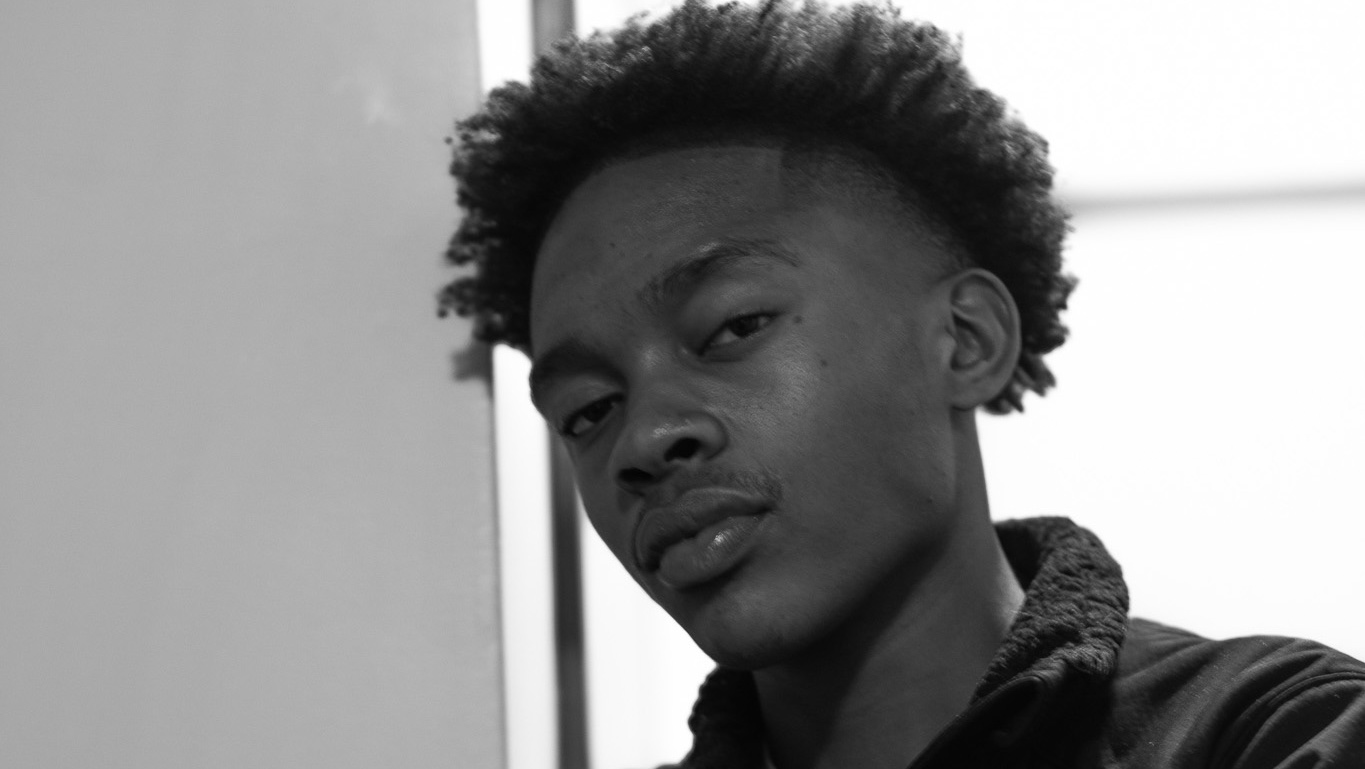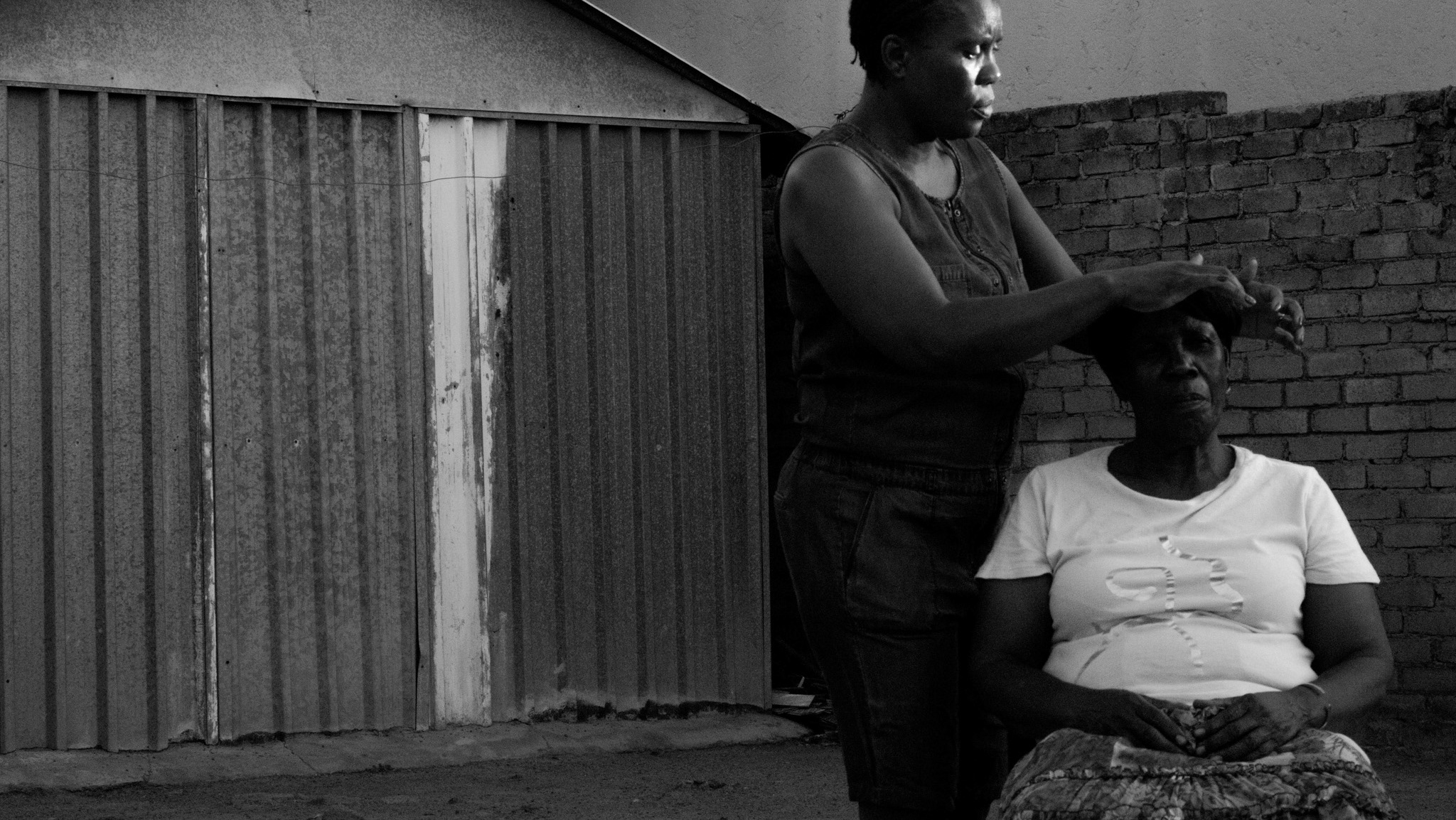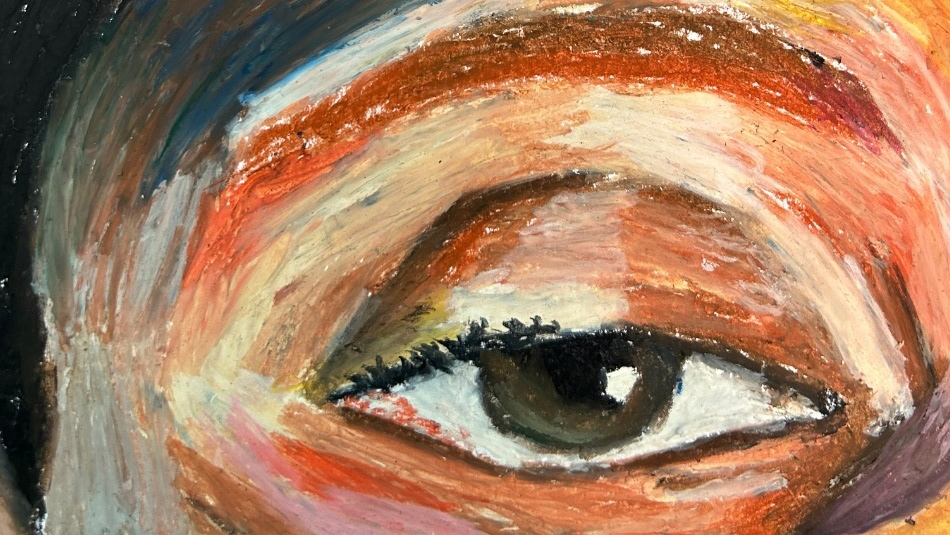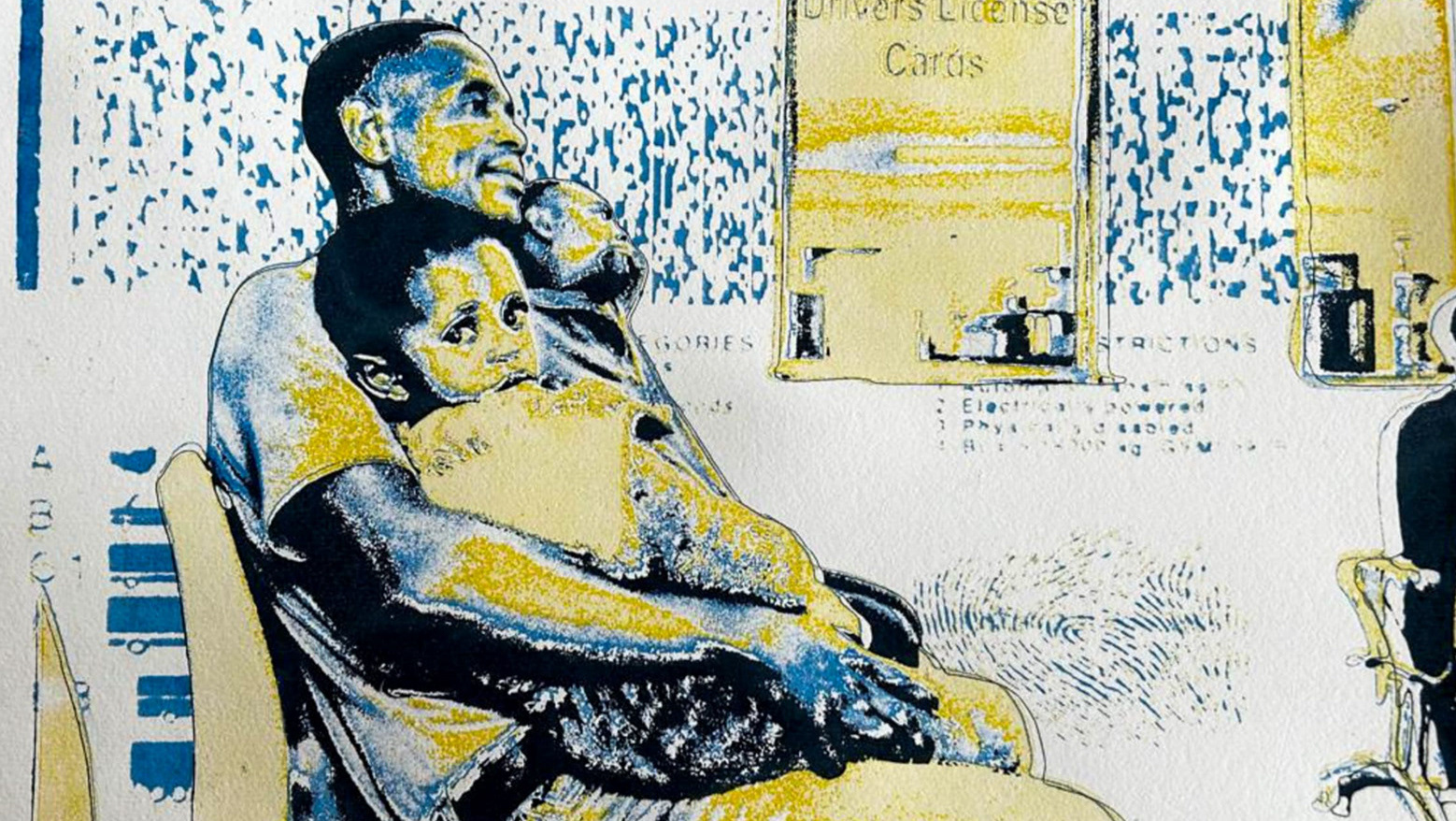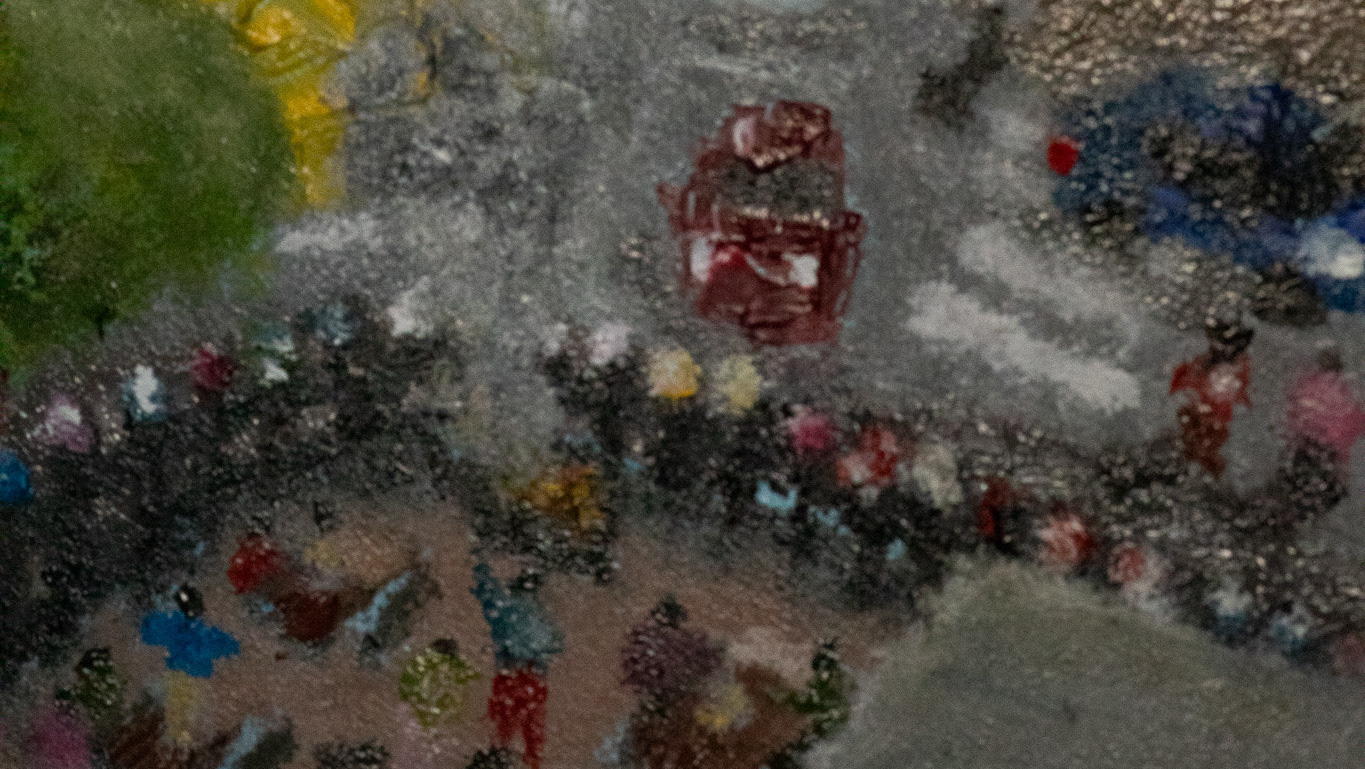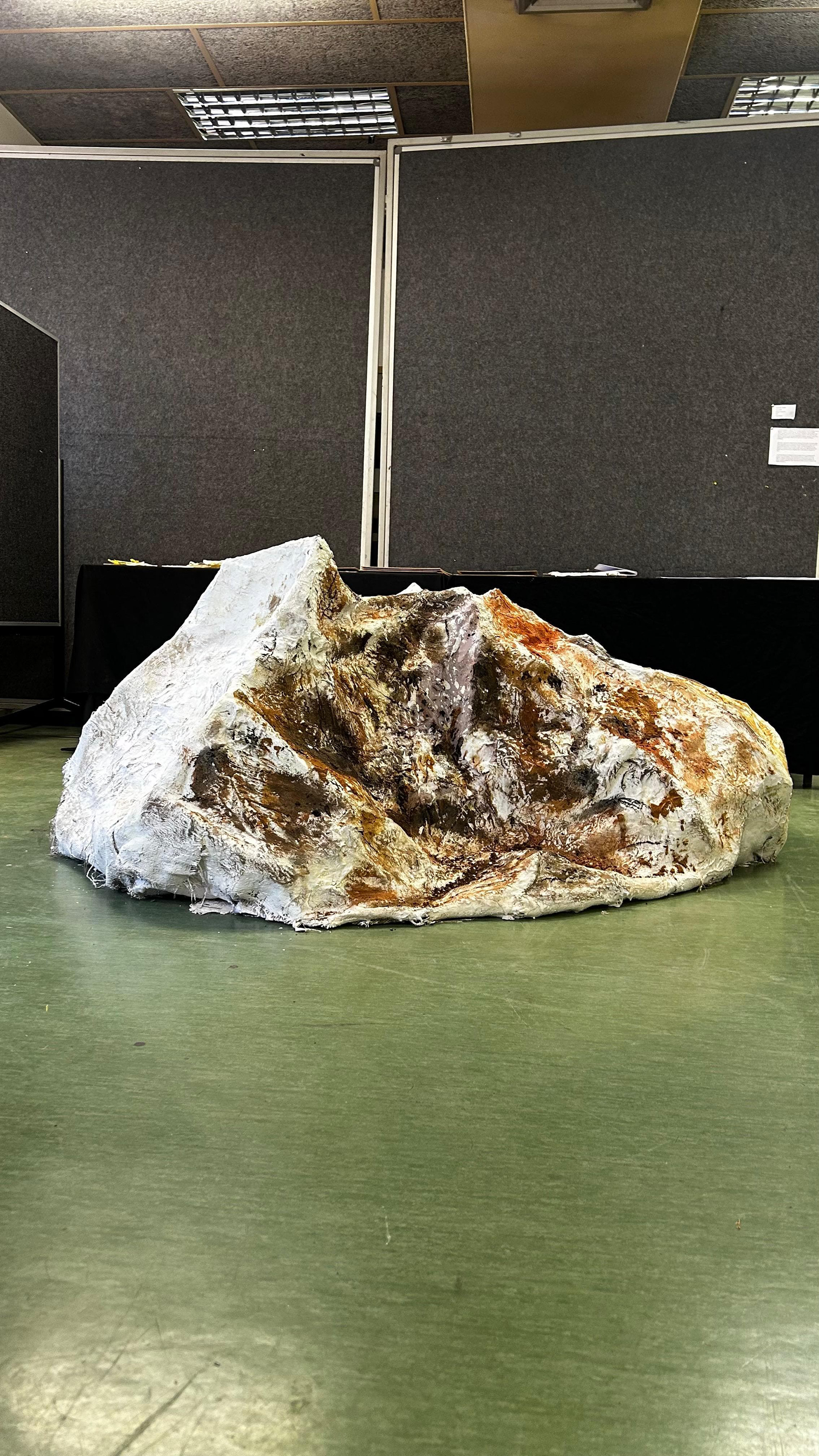
"Mo-Afrika iLopolle" (2024)
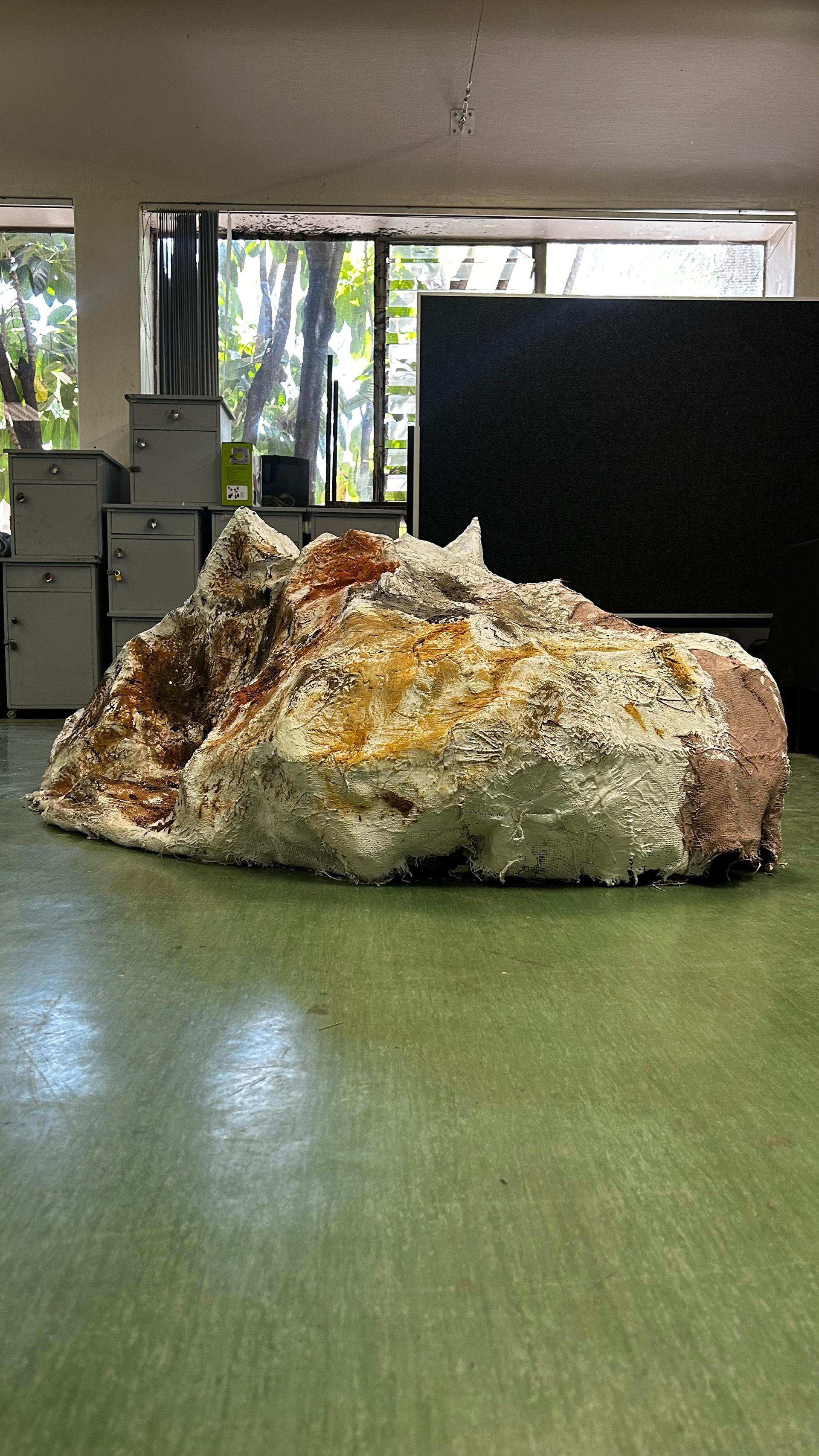
"Mo-Afrika iLopolle" (2024)
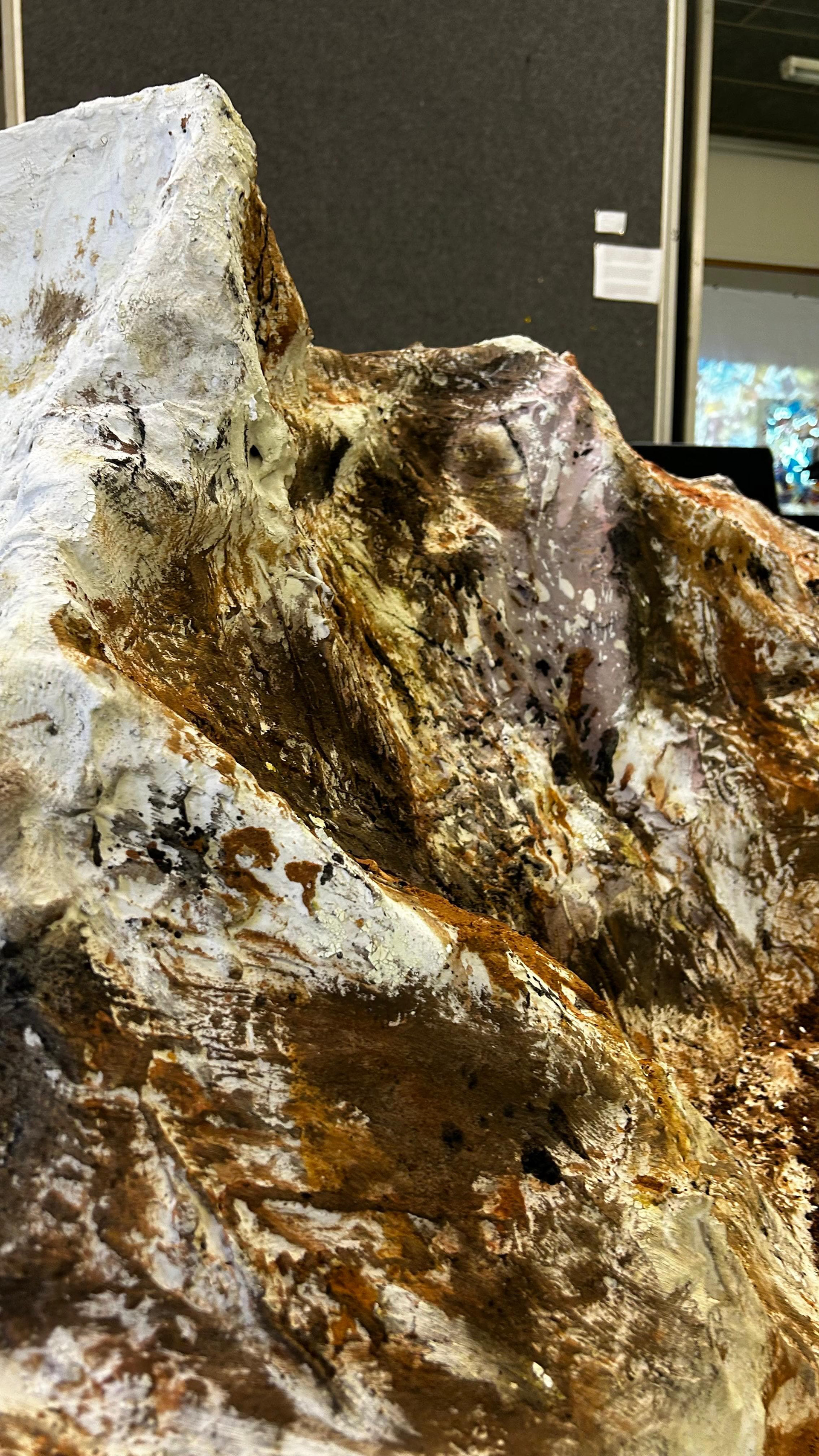
"Mo-Afrika iLopolle" (2024)
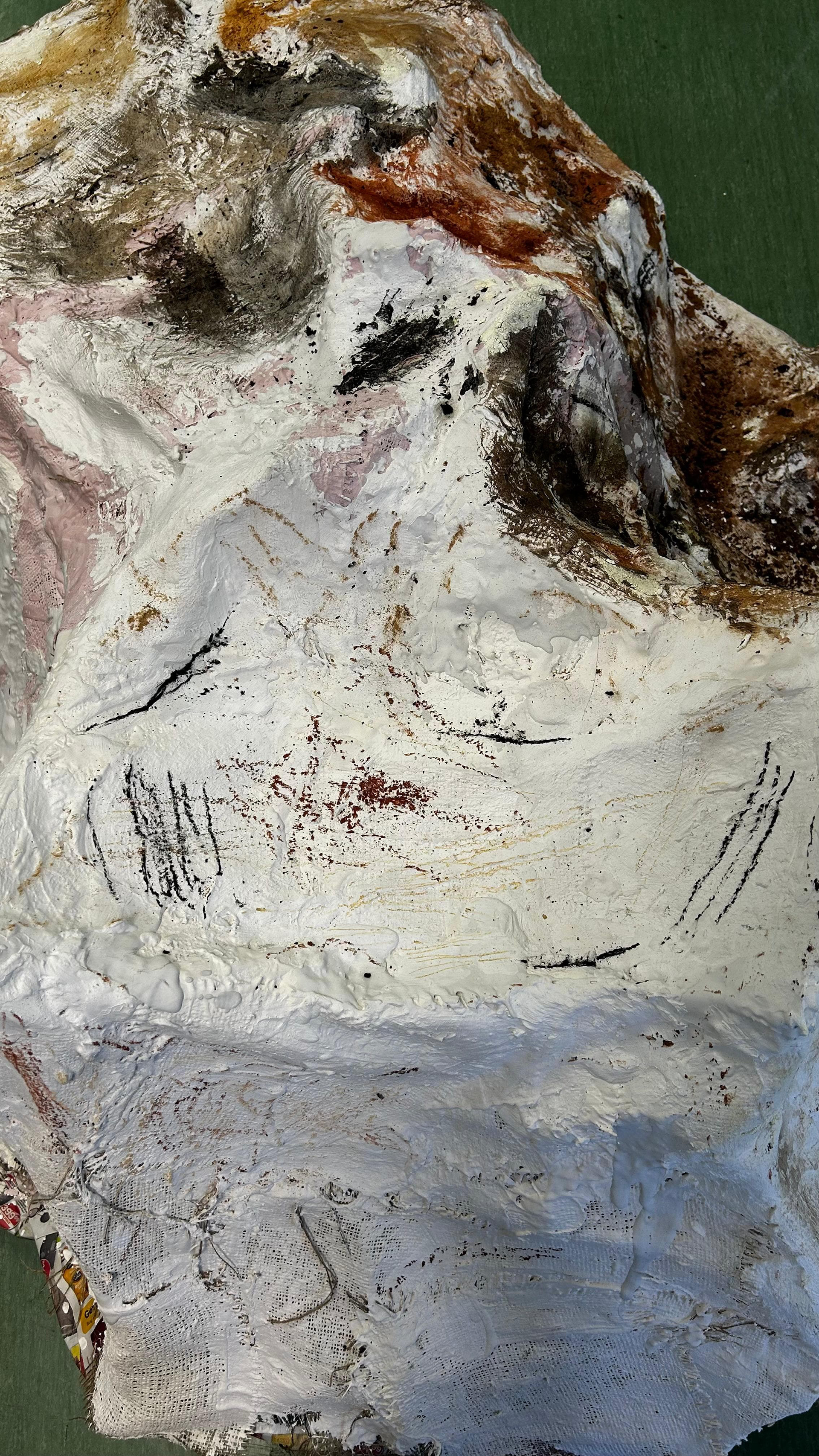
"Mo-Afrika iLopolle" (2024)
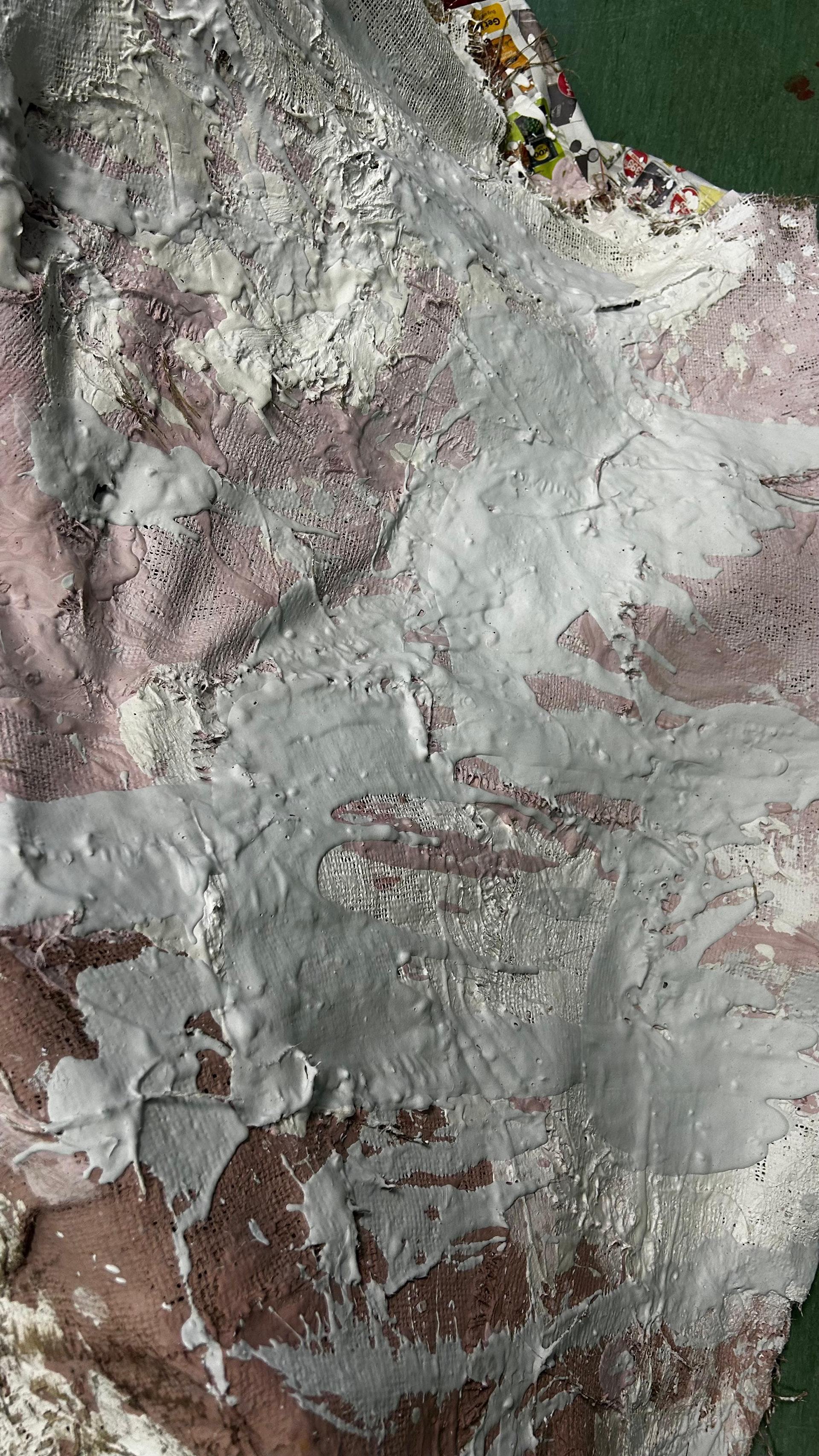
"Mo-Afrika iLopolle" (2024)
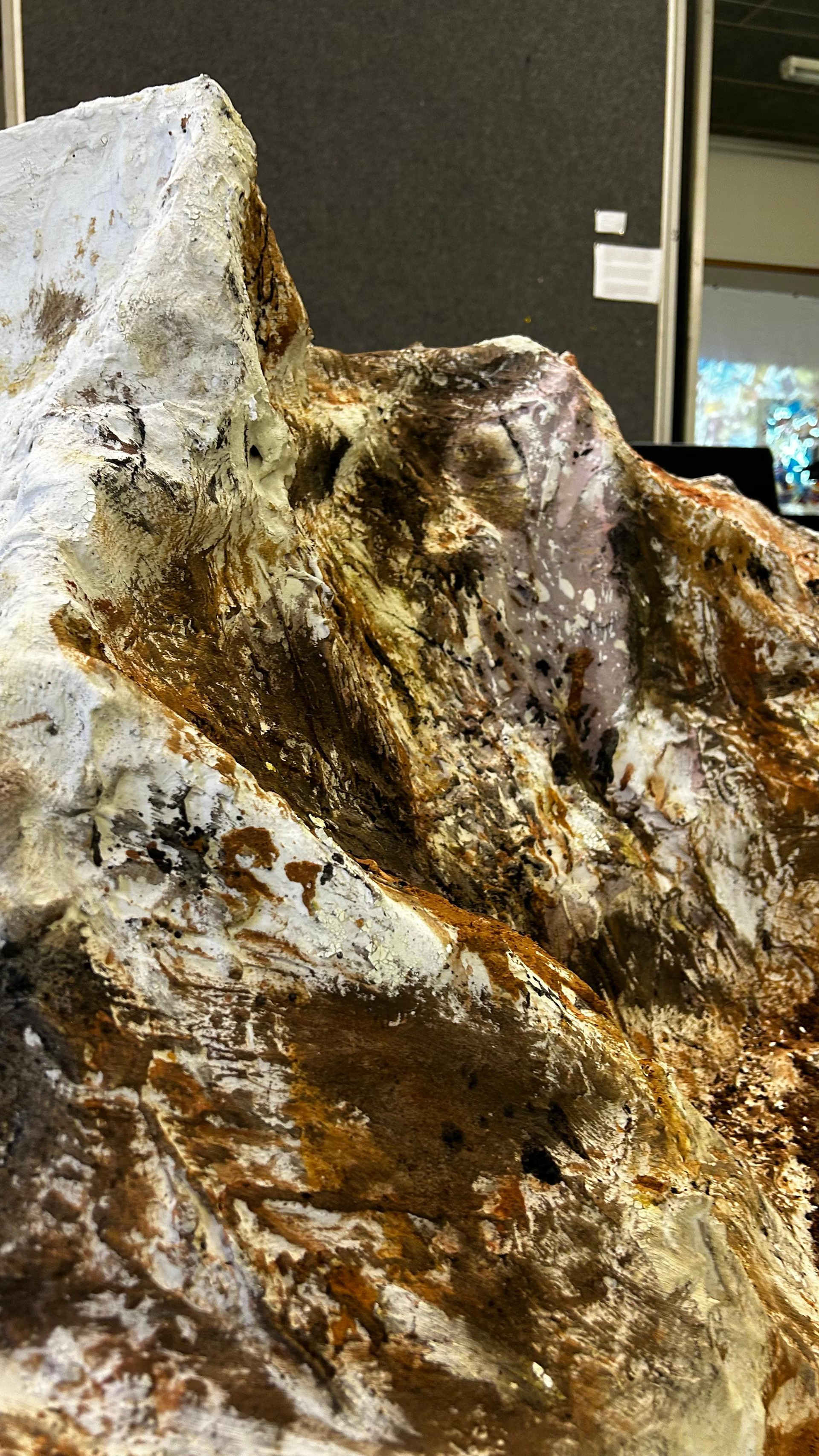
"Mo-Afrika iLopolle" (2024)
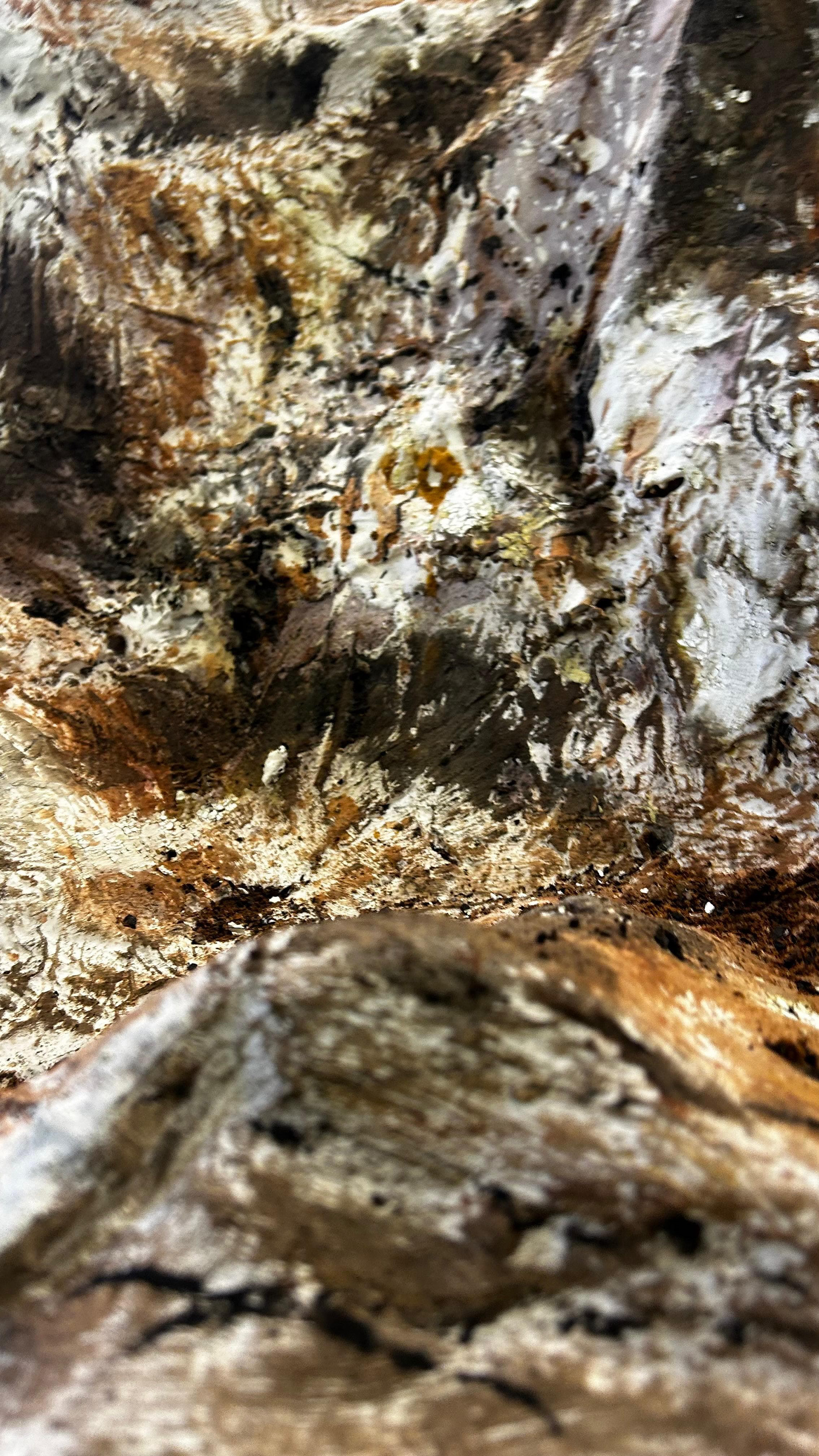
"Mo-Afrika iLopolle" (2024)
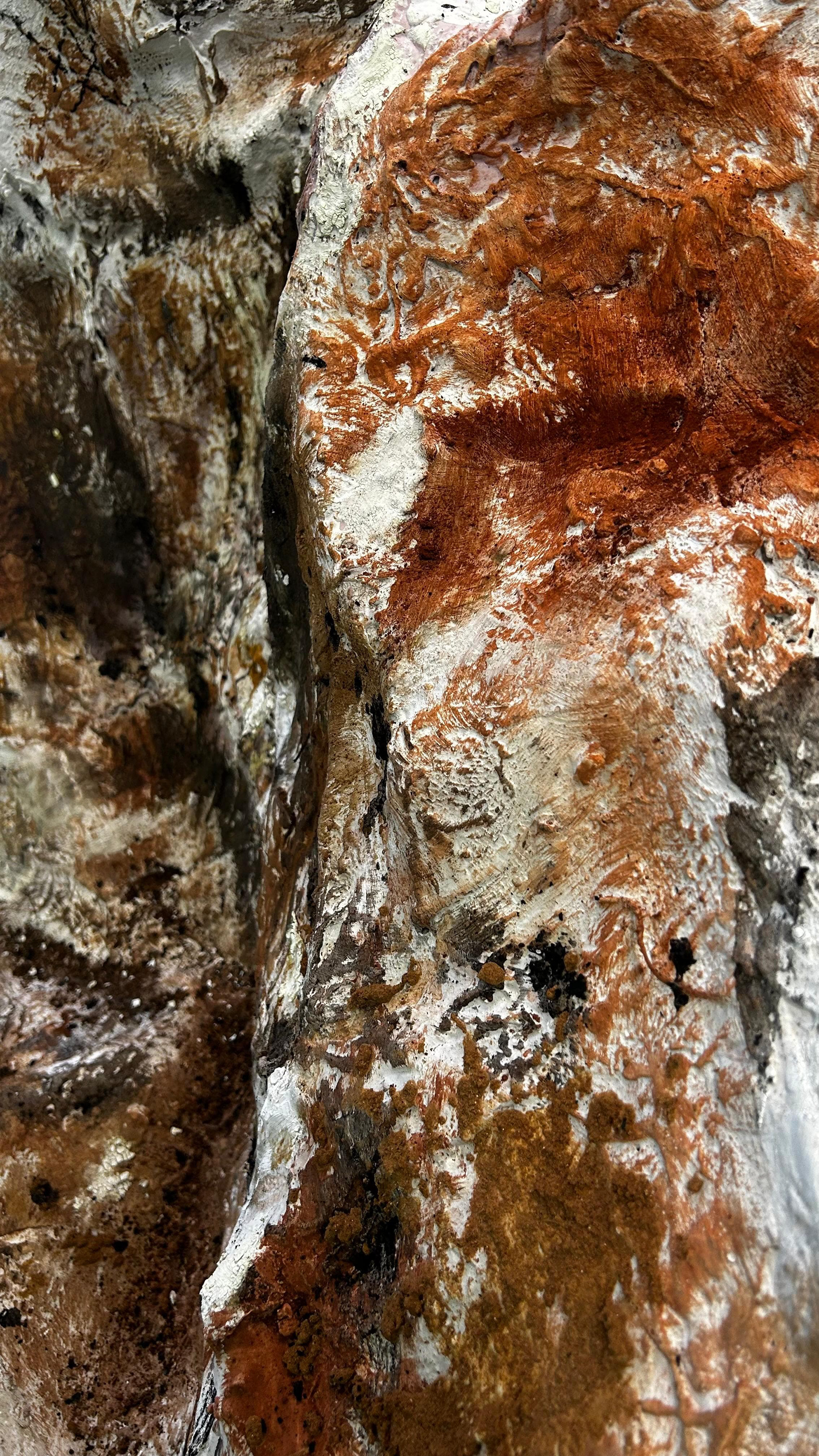
"Mo-Afrika iLopolle" (2024)
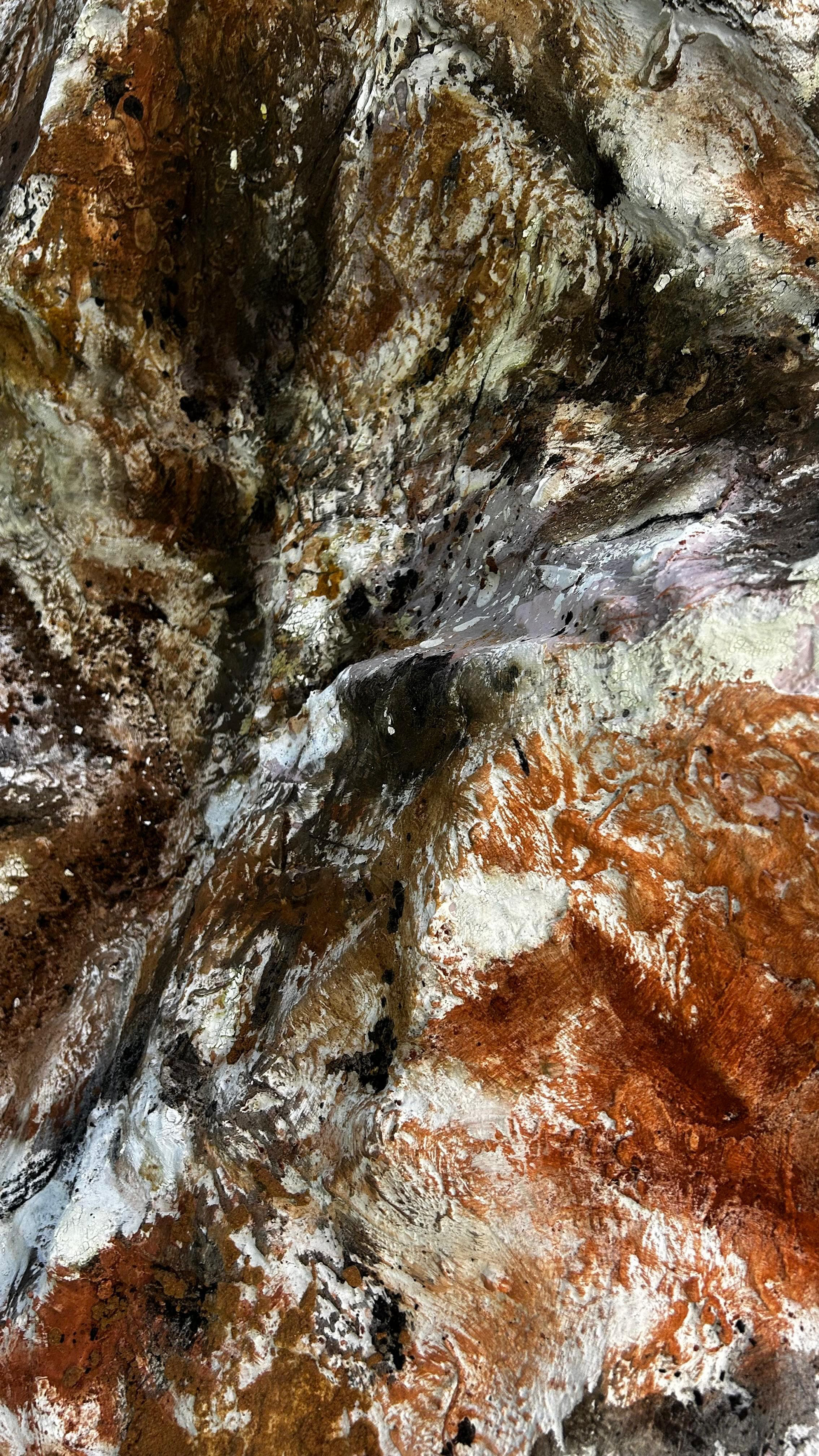
"Mo-Afrika iLopolle" (2024)
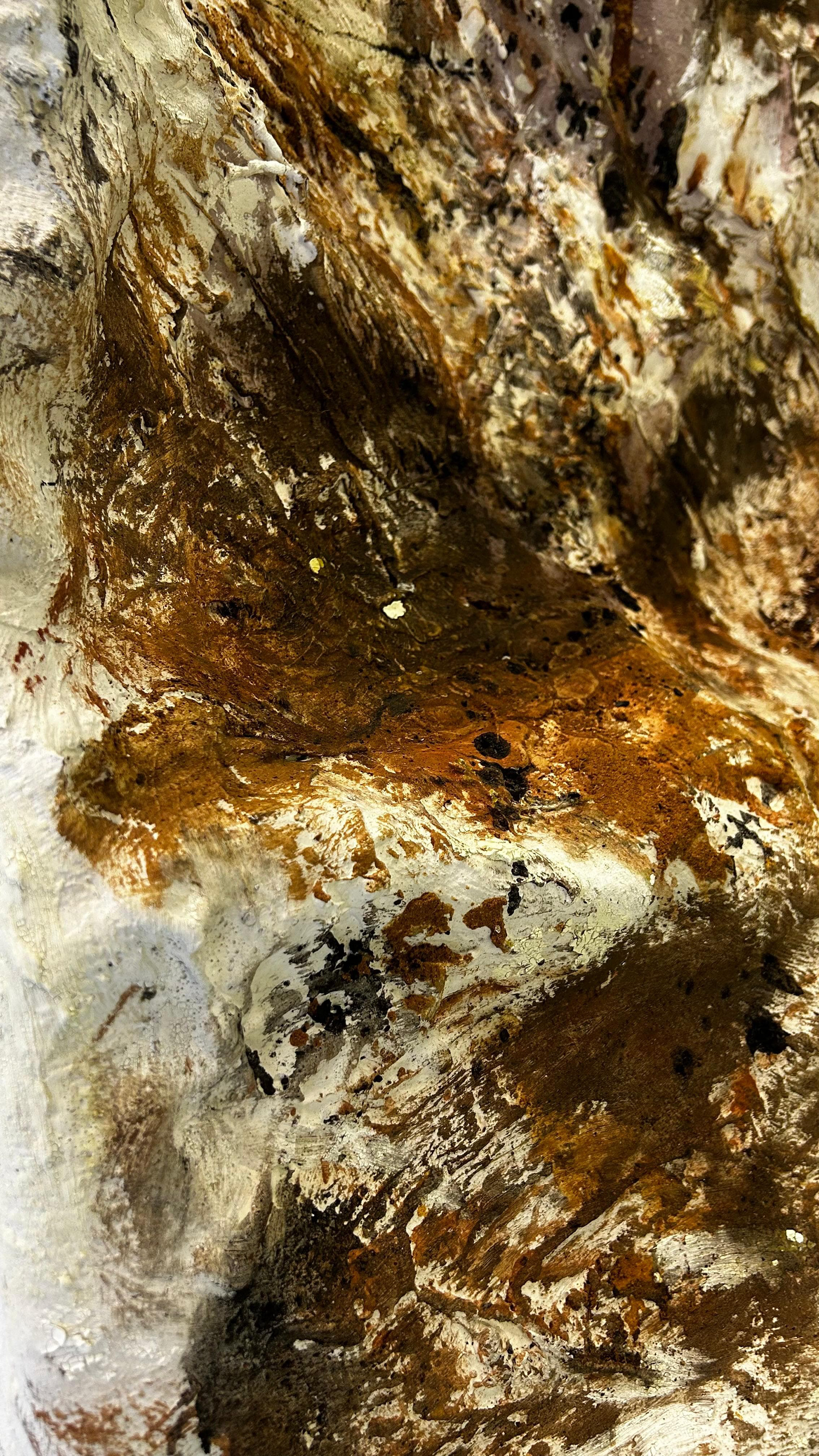
"Mo-Afrika iLopolle" (2024)
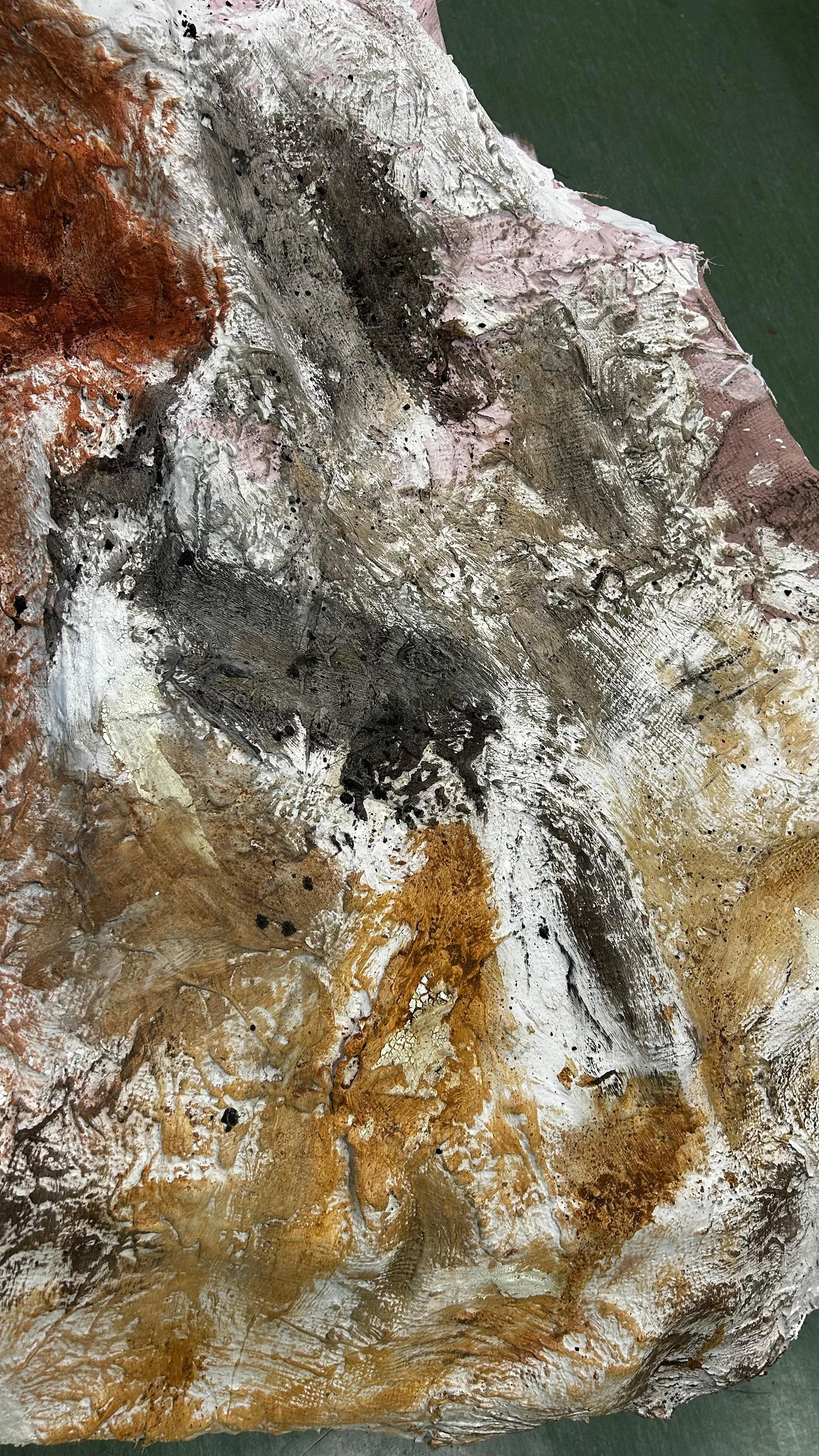
"Mo-Afrika iLopolle" (2024)
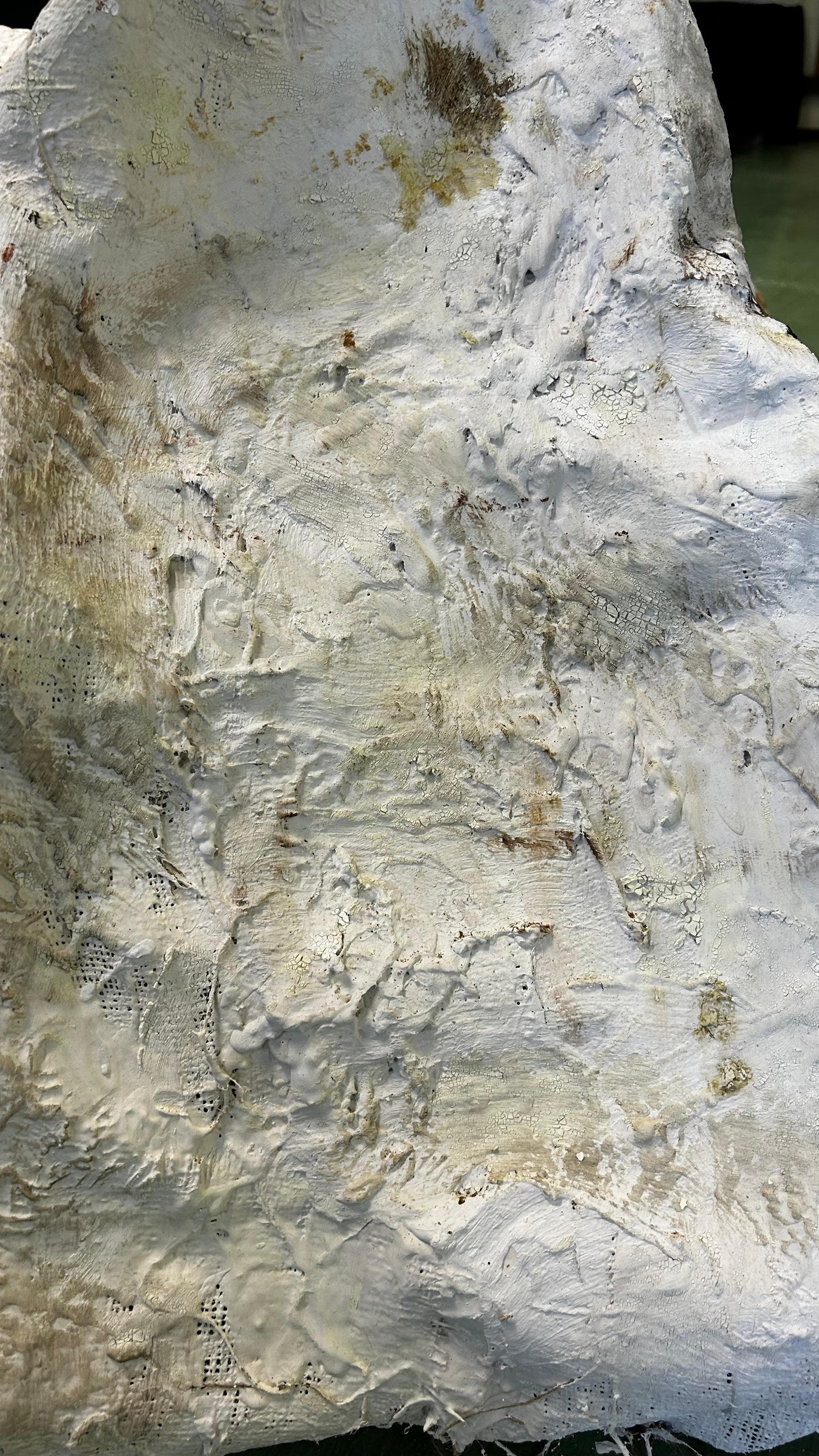
"Mo-Afrika iLopolle" (2024)
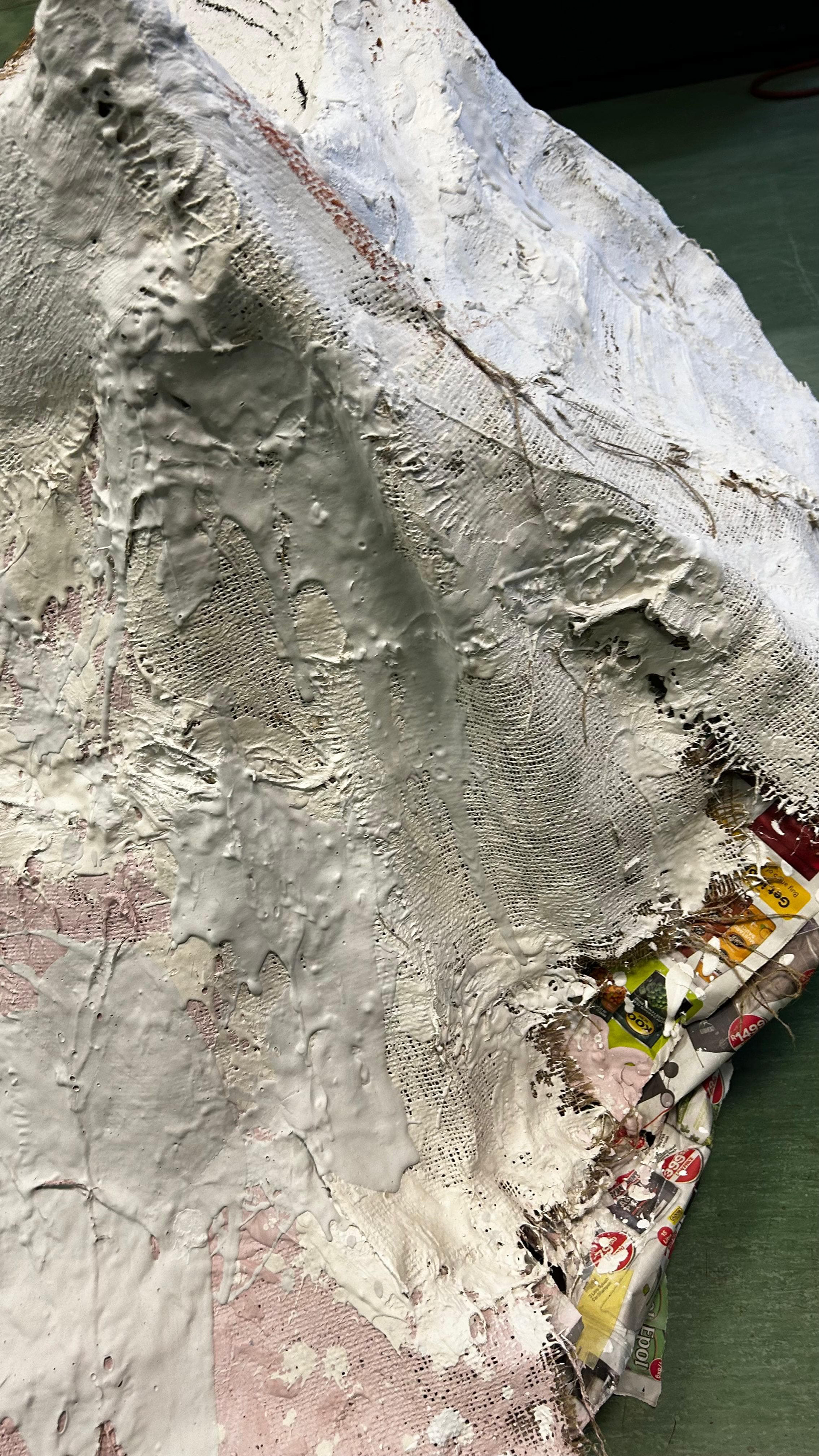
"Mo-Afrika iLopolle" (2024)
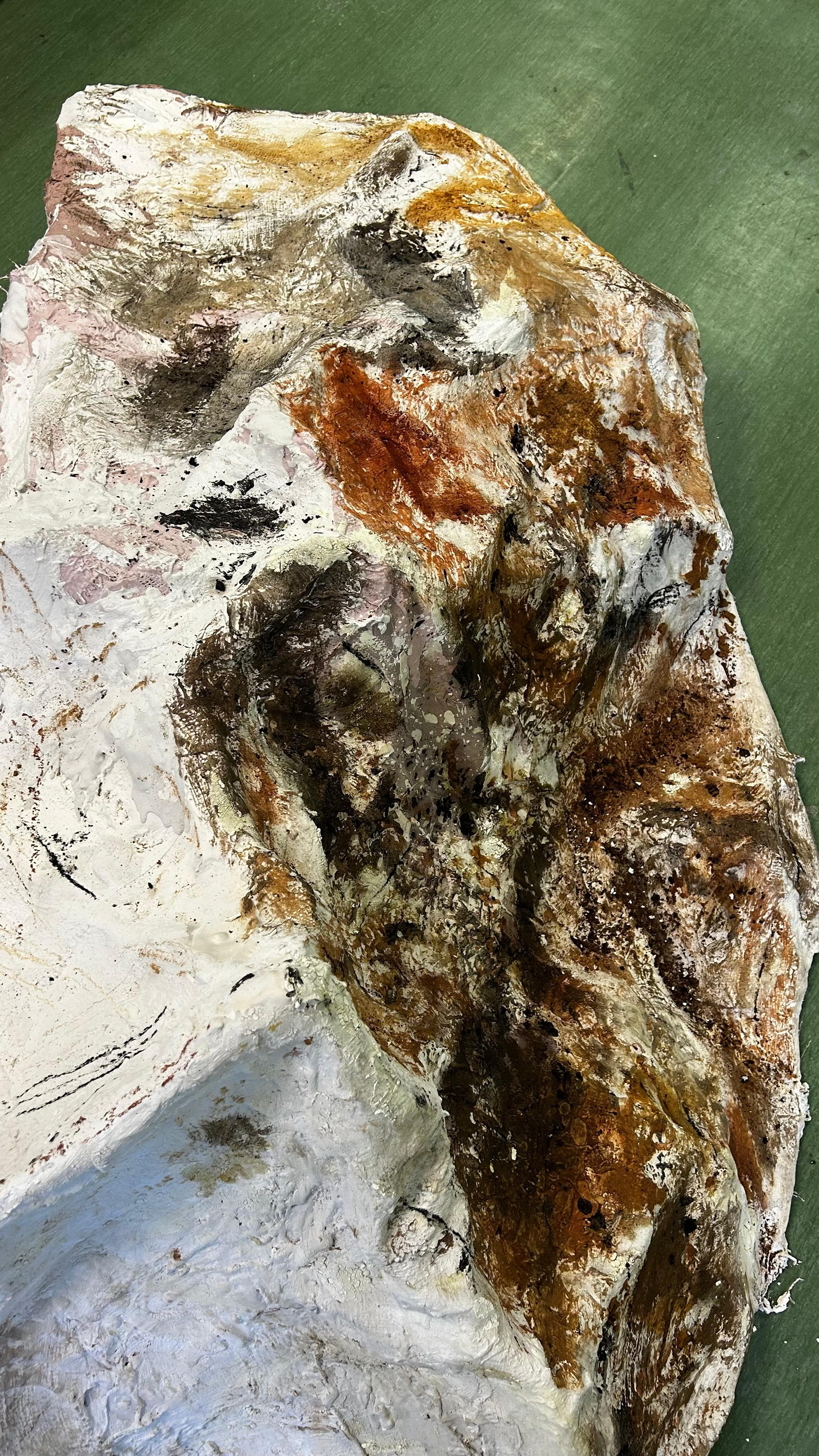
"Mo-Afrika iLopolle" (2024)
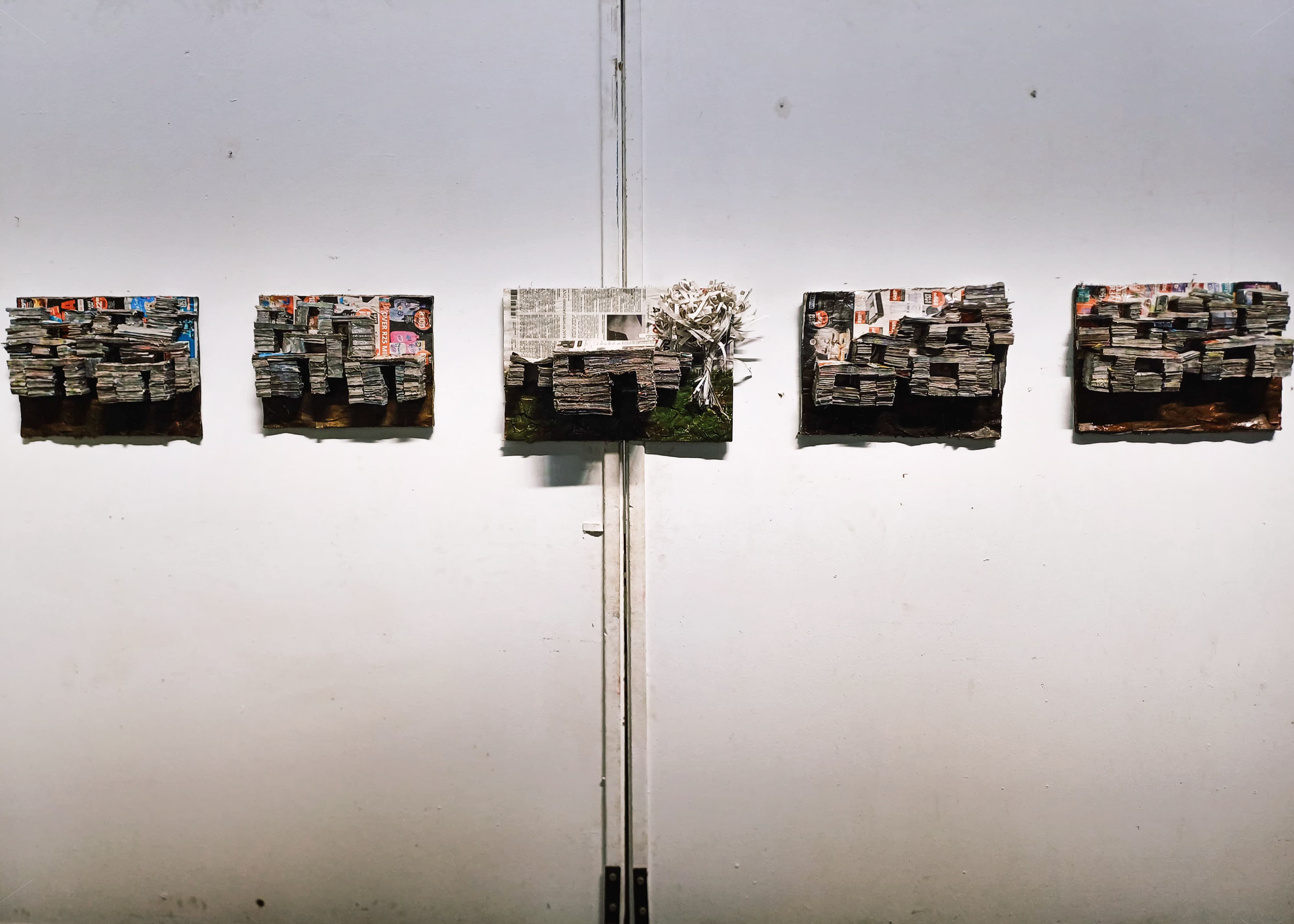
"Cheeseboy" (2025)
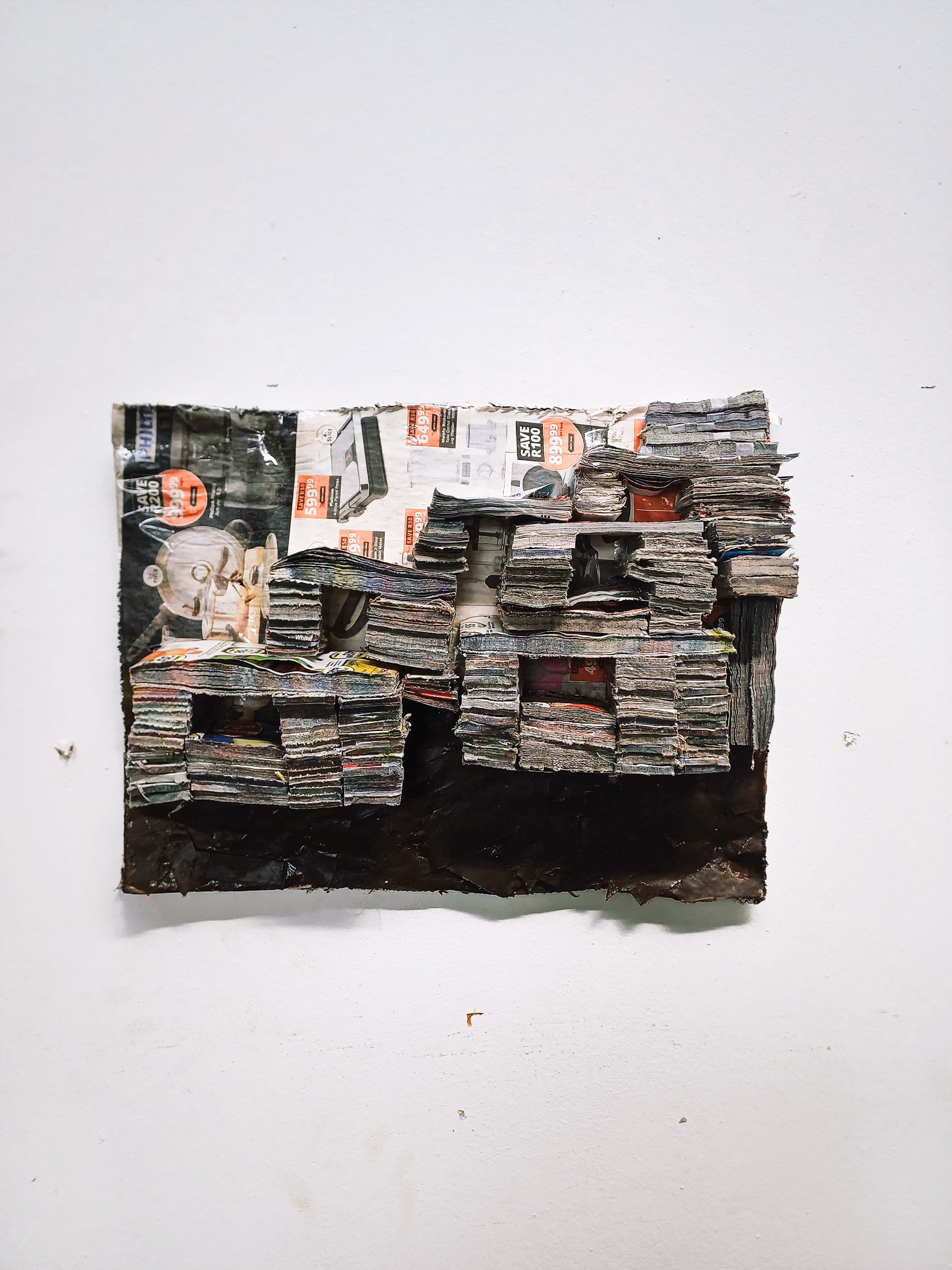
"Cheeseboy" (2025)
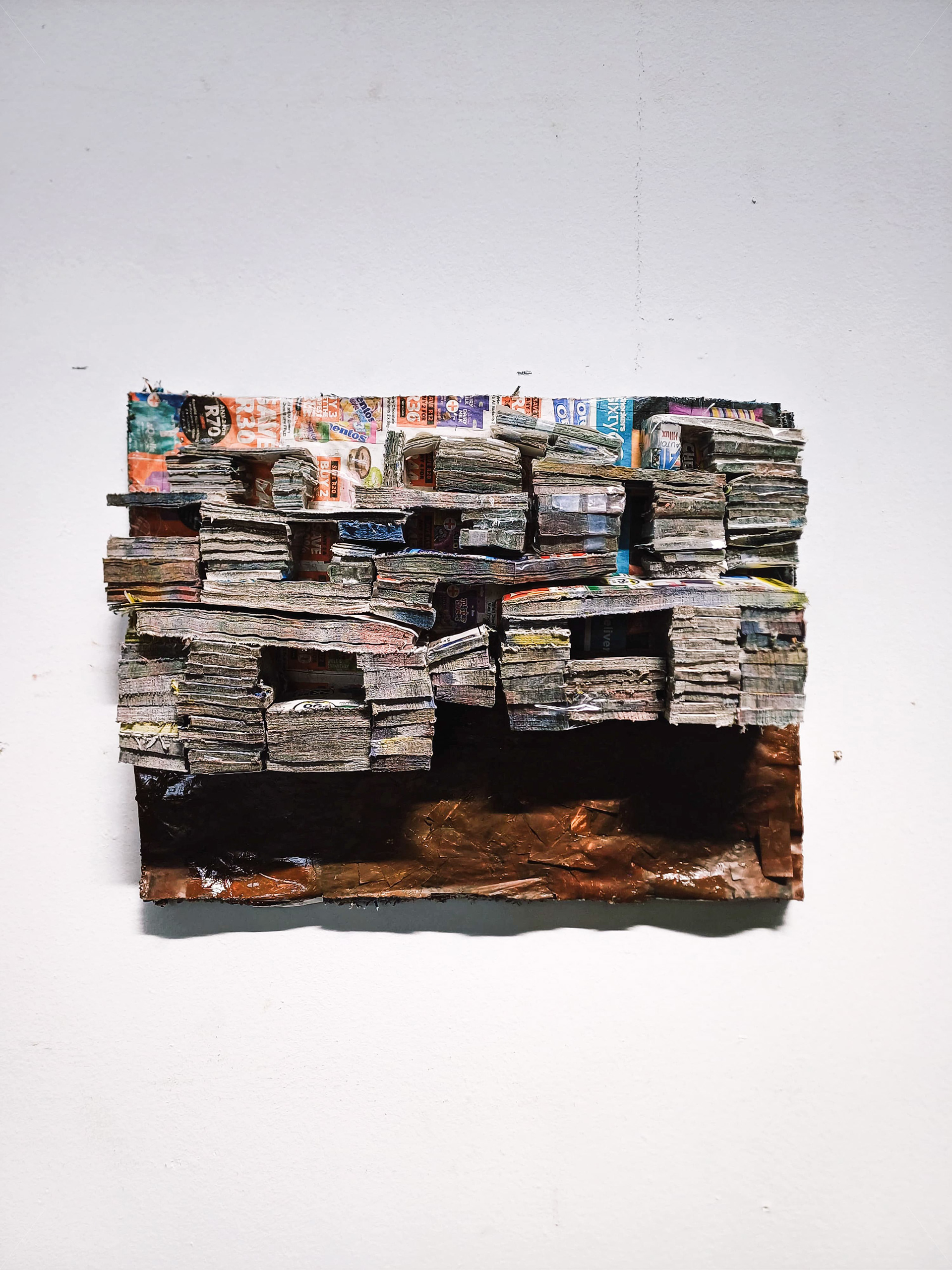
"Cheeseboy" (2025)
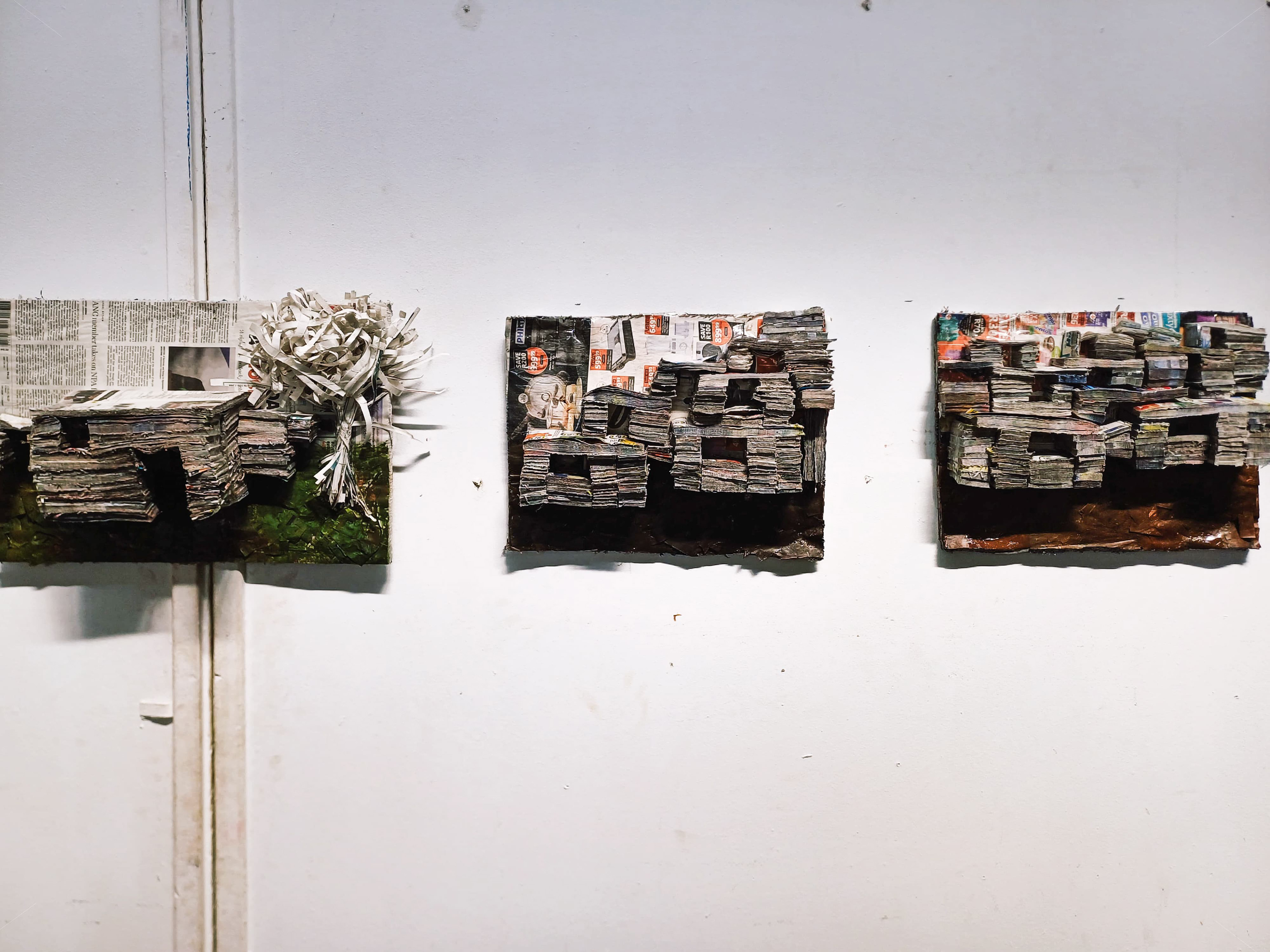
"Cheeseboy" (2025)
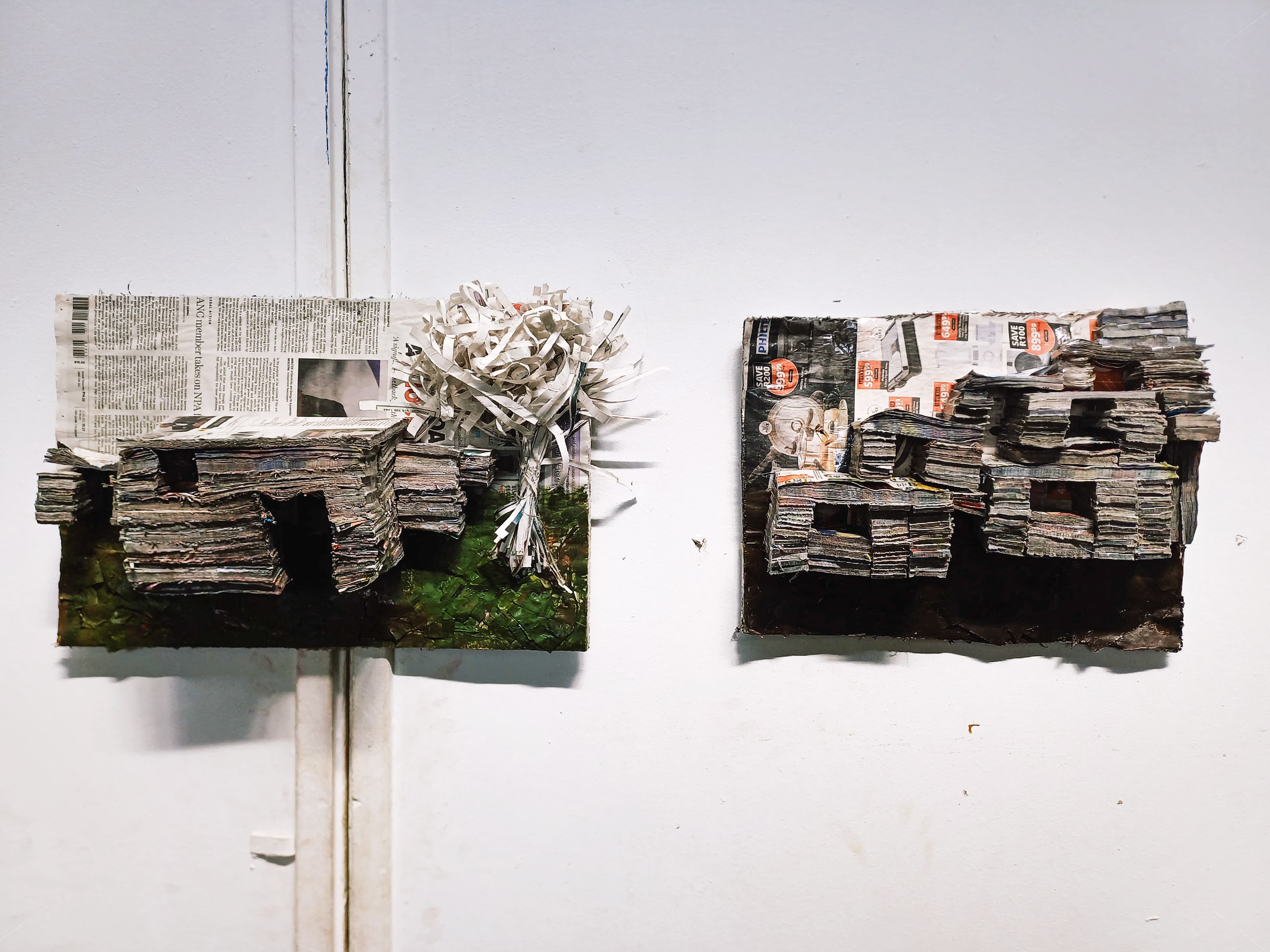
"Cheeseboy" (2025)
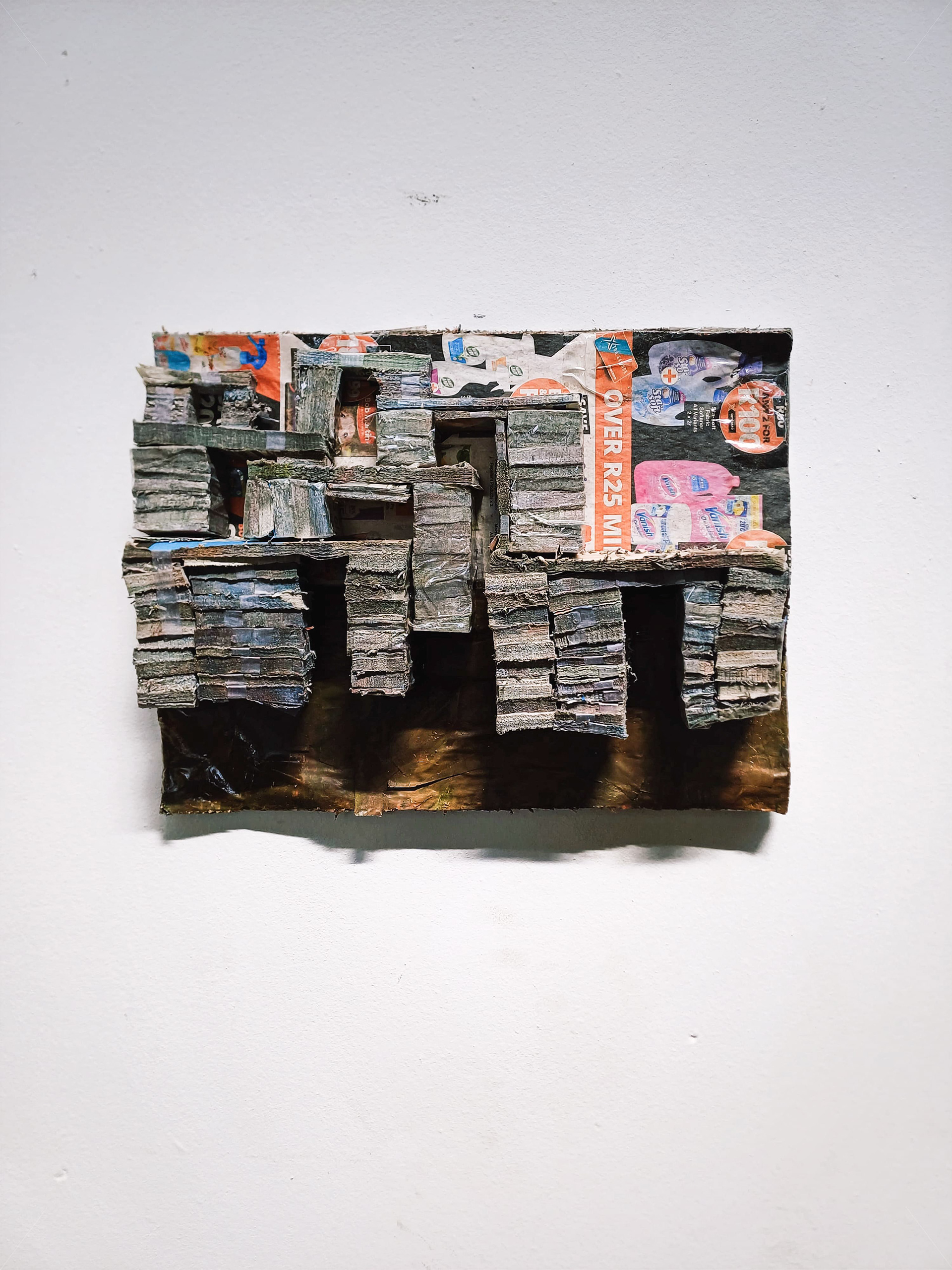
"Cheeseboy" (2025)
"Mo-Afrika iLopolle"
“Mo-Afrika iLopolle “ is a body of work that sets out to address the Eurocentric globalized approach to making art. The work takes inspiration from the readings of Homi Bhabha’s “Debate on Cultural Hybridity” and Achille Mbembe’s “Post-colonialism”. These readings introduce the notion of the impact of hybridity in post-colonialism, how the Western perspective and the African perspective intersect and how they influence Africans. This work conveys the idea of being stuck in-between wanting to reclaim one’s African identity and finding it difficult to turn down one’s relying on the Western perspective.
In this work, I approach art making and art processes with the notion of aiming to imitate African approaches to art by making use of my own pigments found in nature in order to protest against the manner of depending on Western manufactured pigments. The pigments are collected from various stones, leaves, sticks, fruits and flowers and are followed by a process of boiling, burning, grinding, water sieving, baking soda and Alum powder mixture and air drying and integrated later on with linseed oil to create an oil paint.
This African approach to making art and art processes however is contrasted by the creation of the rock sculpture. The rock sculpture stands as a canvas format for my pigments, relating to the ancient way of recording art in Africa through rock art. The decision to create a rock was based on the notion of using a Western perspective to reclaim my African identity and culture, conveying how hard it is for me to not rely on the Western perspective.
